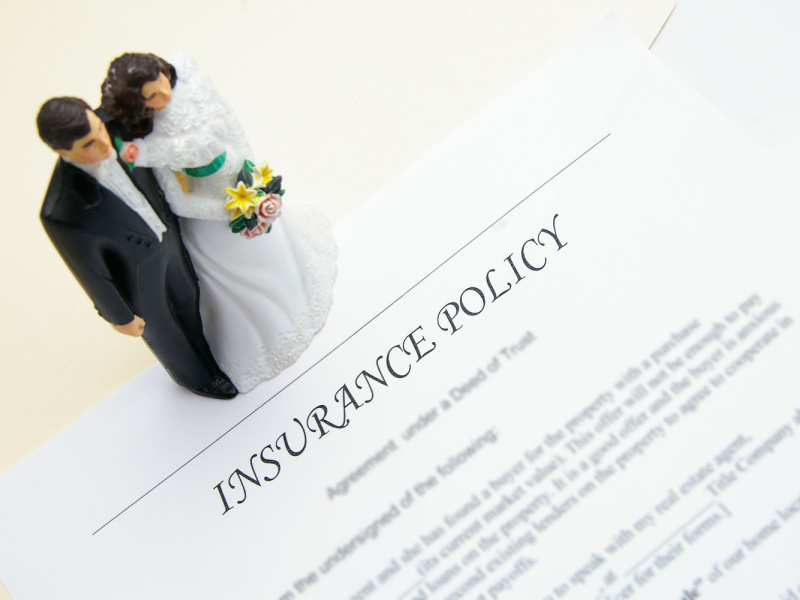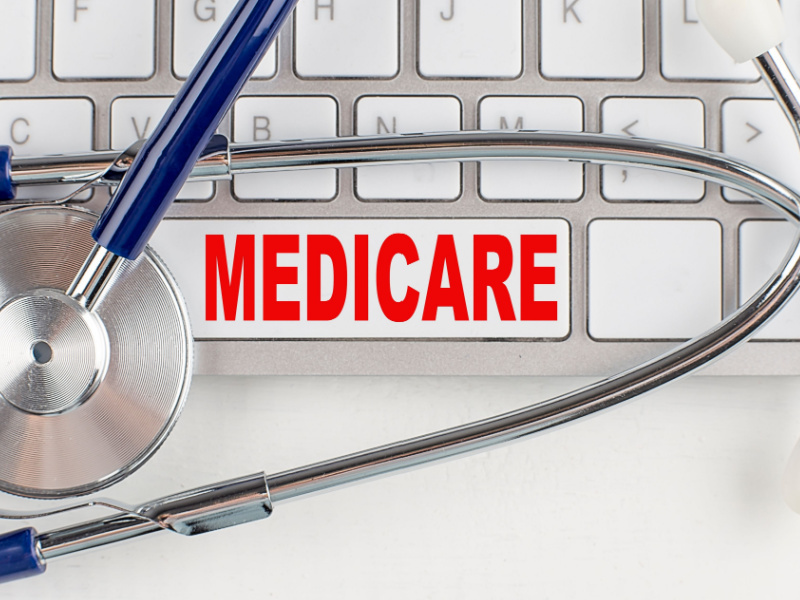
“Someone is sitting in the shade today because someone planted a tree a long time ago.”
–Warren Buffett
It is rightly said that “Health is Wealth”. Planning for medical costs is one of the important aspects of your financial planning. It is very important to ensure that you and your family are secure in the future both financially and medically. It’s more challenging to meet the medical costs over your savings. If you have a “Good Policy”, there is no need to dip into your savings.
We have seen instances where people will be saying that they purchased a cover that will not bear the entire medical expenses or they purchased a wrong policy which they got know after reaching the hospital.
What is Medical cover?
Each time we go to a doctor for viral fever, we never feel that the cost is high because we choose a doctor based on our spending capacity. But when you have some serious health-related issues where the cost for the treatment is very high and you’ll be felt with the only options- paying the cost from your savings.
So, to overcome such situations we buy Medical covers where you will transfer this risk to an insurance company for a price called “Premium”. If you buy a Medical cover, you get reimbursement of what you had spent and at times you may not get the entire amount (depends on the type of cover you buy). Buying a good medical cover is a great deal because as of today you have more than 30 companies that offer a medical cover, also you have different policies wherein you’re supposed to choose a policy that suits you by going through the entire Boucher (which we usually don’t do).
Do I need to cover?
Yes, every individual should buy a medical cover to have a secured life. Generally, we will find the need to buy cover unless we face the situation or when we realize the importance of having a cover- how it will lend you a helping hand.
- Always buy a policy even if you are covered by your office. It’s okay to have a double insurance cover.
- People who are covered by government i.e., government officials don’t have to buy a cover.
Who can’t buy a cover?
- People who are aged i.e., above sixty- getting a cover is difficult. This happens because companies are reluctant to cover older people and it also reduces the choice of having a good cover.
- People with pre-existing diseases are not covered.
How much do I need?
Again this depends on the place where to live, what kind of hospital you want to go to and other concerns which you may have.
- Generally, everyone should have a basic cover of 3-5 lakhs. Consider 3 lakhs for people who are from a small town and 5 lakhs for the people who are wealthy.
- For the Nuclear family- it is good to have “Family Floaters” (a health insurance plan) that provides a cover to all the members of the family. Example: if you have a family floater of Rs 15 lakhs- any one or all the members in the family can use the cover in case of hospitalization. Paying premium feels heavier but you can see the usefulness of the premium paid when you’re hospitalized.
What policy do I buy?
Before buying a policy, research about the insurance company hospital reach. You need to know if Third-Party Agent (TPA) service is good or not and know about the claim experiences. You should be aware of some policies that will not pay the entire medical expenses, this is because you would have signed up for “Co-pay” (an obligation that you have agreed upon to share the medical expenses with the insurance company).
The cheapest policies are not always a good plan. Yes, the low premium can be a factor of your choice to choose a policy but it shouldn’t be the only factor.
Performance can be judged based on three factors:
- Price
- Benefits
- Claims
Price:
It’s important to know the cost of the policy both in terms of present and future perspectives. When you buy a term cover your premium gets locked, but the premium of medical cover changes as you age.
- Compare the prices of the policy of different companies as of today and observe the changes in prices.
- Ask your agent to show the price comparison at ten years difference. Suppose if your age is 40 ask for the price of the policy as it is today when sold at 50, because your policy may cost the least today, as time flies it becomes expensive.
Benefits :
You need to find out the policy which gives at least these benefits.
- Look for the policy that doesn’t have a “Co-pay” clause wherein you need to share a certain percentage of cost with the insurance company. You can even do this by searching on the net against policies that have a complaint related to the co-pay clause.
- Look for a pre-existing disease clause. People with the pre-existing disease find it difficult to get a cover. It’s better to disclose your medical status, else they will have a tool in their hands to refute your claims.
- Check if your policy has a “disease waiting period”. Usually, companies will have a period of 30-90 days during which they will not pay any claims – ”Waiting Period”.it’s better to look for a policy which doesn’t have any waiting period on the disease. Ask the company to give a list of all the diseases that fall under this clause.
- Have a look at “sub-limits”, you have to look for this very carefully because these are the limitations on what the company will pay you. This clause will reduce the claim amount even more.
- Know the exclusions- it’s good to get a list of all the diseases, conditions and medical services that are excluded in the policy.
- It’s good to know on pre and post hospitalization costs that the policy will cover.
- If you don’t make any claims in a year, you will be rewarded by the insurance company. It’s known as ‘No-Bonus Claims’ (NBC) where a certain percentage of cover will be raised for the same premium amount.
Claims:
- Know the claim settlement history of the company.
- Know the process for claiming the policy.
- Look for the policy that has a good rating and also search for these parameters such as how many have made a claim and how many have complained.
What to do if you’re not getting a policy
1. Because of pre-existing diseases:
If you are not covered because of pre-existing diseases
- You can buy a policy with sub-limits.
- You can buy a policy which as “Co-pay clause”.
- Buy a policy that has an exclusion period for your existing disease.
If you’re totally unable to get a policy, then you can start making investments in long term instruments, so that you would be able to cover your medical cost.
2. Because you’re aged:
Insurance companies are very reluctant to cover older people. What to do? The best way to get insured is by buying a “Top-Up Plan”, which is a kind of policy that will pay your medical expense after you pay a certain threshold amount.
3. Because of critical illness:
Critical illness like cancer can be covered as a part of the contract of your medical cover. Illness includes cancer, heart attack, kidney failure, stroke, major organ transplant, end-stage diseases of lungs and liver.



























